Bulk Pricing
8-Port PCI Express RS-232 / RS-422 / RS-485 Module
PCI RS232 – RS485 – RS422 Terminal Block
The SG-PCIE8SRS422485MOD 8-port RS232 /422 /485 to PCI Express Module Box provides a highly scalable serial interface that is backward compatibility with PCI applications and drivers.
- Provides 8 serial ports via terminal block connection to support various combinations of signals.
- Backward compatible with PCI applications and drivers.
- Works with new and legacy RS232, RS422, RS485 devices with high demand speeds.
- The Module Box can be powered by Cable or its 2-pin Terminal Block Connector.
Quick Links:
Description
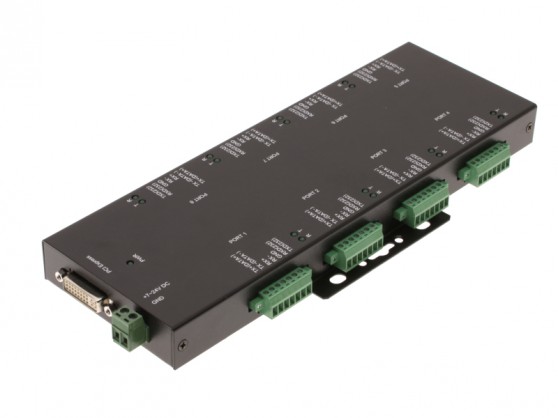
Introduction:
The SG-PCIE8SRS422485MOD 8 port PCI Express Module Box is designed to accommodate various RS232 /422 /485 digital signaling for your PC, workstation, thin client, or server. The 8 Port PCI Express Card provides instant RS232, RS422, and RS485 serial port expansion via the PCI Express bus to the external module. It supports serial applications that need some combinations of RS232, RS422, and RS485 connections in one single PCIe slot.
This PCI Express RS232/RS422/RS485 Module provides a highly scalable serial interface with high-speed data transmission to your equipment’s serial I/O bus. Backward compatibility with PCI applications and drivers is a key feature when using various digital signal connections. Its architecture defines a high-performance, point-to-point, serial bus at speed of 250Mbytes/sec to 4GBytes/sec.
The SG-PCIE8SRS422485MOD is compatible with new and legacy RS232, RS422, RS485 devices demanding high-speed transmission; this includes future speeds of up to 8Gbytes/sec.
It is easy to install and use with its plug-and-play feature, simply follow the instructions of Install Wizard, it’s that simple. The SG-PCIE8SRS422485MOD provides the versatility needed to quickly adapt to new serial technologies.
Coolgear’s complete product line of PCI Express Cards offer many choices to help expand your serial applications and allow your network to grow with your requirements. The terminal blocks enable you to easily install your wires for different devices in a straight forward process making an ideal solution for your serial projects.
Features & Specifications:
System
- Fully Compliant with x1 PCI Express Base Specifications 1.1
Serial Ports
Provides 8 7-pin terminal block connector RS232/422/485 ports, the key benefits are:
- Connectors: 8 7-pin lock type Terminal Block Connectors
- LEDs: Supports LED Indicators for TXD and RXD Signal Activity
- Interface: 4 modes: 3-wire RS232, 4-wire RS422 (TXD+/-, RxD+/-). 4-wire RS485 (TxD+/-, RxD+/-). 2-wire RS485 (Data+/-)
- Parity: None, Even, Odd
- Data bits: 5,67,8,9 bits Data Frames
- Speed: up to 921.6Kbps
- Terminator: 120 OHM, can be Enabled/Disabled by DIP switches
- ATTATM: Auto RS485 Transmitter buffer direction control by the ATTATM Hardware. Guarantee Fast Turn Around the Transceiver.
- Power: The Module Box can be powered by Cable or its 2-pin Terminal Block Connector
I/O Hardware
- 8 7-pin Terminal Block Connectors
- 1 DVI-like PCI Express Connector
- 1 2-pin Power Input Connector
OS Support
- Windows 10, 8, 7, Vista, 2008, 2003, Win2000, XP, and Linux
Environmental Specifications
Operating Temperature: 0 to 55°C (32 to 131°F), 10% to 90% relative humidity (non-condensing)
Storage Temperature: -40 to 75°C (-40 to 167°F), 5% to 95% relative humidity (non-condensing)
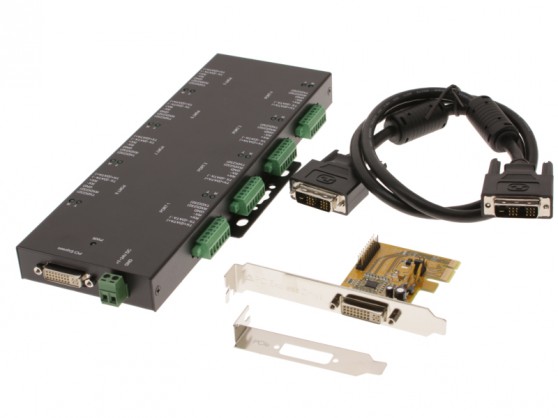
Form Factor (without ears and connectors)
- 9.68” (L)x 3.37”(W)x0.91”(H) (24.60cm x 8.57×2.32cm)
Package Contents:
- 8 Port PCI Express RS232/422/485 Module
- 1x DVI like cable with screw locking
- 1x PCI Express card
- 1x low profile PCI bracket
- Driver Disc
- Paper installation manual
*Surface Mounting screws not included.
Specifications
Product Specifications
| Compliance |
| ||||||||||
|---|---|---|---|---|---|---|---|---|---|---|---|
| Physical Characteristics |
| ||||||||||
| Serial Attributes |
| ||||||||||
| Software |
| ||||||||||
| Other Data |
|
Replacement Parts
Replacement Parts
Did you misplace or break a part that came with your item? Purchase it here!
Model# CG-2PPW
$3.98In stock
Support
Product Documentation & Drivers
Product Documentation
Need drawings, CAD files, or other compliance documentation? Click HERE
Serial F.A.Q.
Product F.A.Q.
View frequently asked product questions below. For all serial troubleshooting, visit this page.
Still need help? Reach out!
-
How do I clean and reinstall my FTDI drivers?
View Answer
-
- Download the CDM Uninstaller HERE.
- Extract the zip file, or open the “CDMuninstallerGUI.exe” utility.
- Leave the ‘Vendor ID’ set to 0403 and ‘Product ID’ set to 6001.
- Click Add.
- Click Remove Devices.
- Download the corresponding driver for your operating system and follow on-screen prompts. Windows Driver | MacOS Driver
-
-
How can I change my device’s COM port?
View Answer
-
- Click on Start and navigate to the Control Panel
- Locate and click on Device Manager
- Under “Ports (COM & LPT)” you will find your serial device titled “USB Serial Port” along with its current COM Port.
- Right click on “USB Serial Port” and click on Properties.
- Navigate to the “Port Settings” tab and click on “Advanced…”
- Once there, the “COM Port Number:” can be changed with a dropdown menu to select the port number.
- Click your desired port number (i.e. COM2) and click “OK”.
- Click “OK” once more.
- Your serial device is now assigned to your chosen COM Port.
-
-
How do I check to ensure the COM port is listed properly in Windows?
View AnswerTo ensure your serial device is installed properly, complete the following:
- Press Windows Key + R to open the Device Manager. Once Run comes up, type “devmgmt.msc” into the text field and press Enter.
- Expand the section labeled, Ports (COM & LPT).
- You should now see a COM number in brackets to the right of each port. If the device is installed properly, no exclamation points or question marks should be present next to the device.
-
I have everything hooked up, but nothing is functioning correctly.
View AnswerTo rule out potential issues, quickly test your individual components to ensure that they are working correctly individually, and are not the source of the problem:
- Serial cables
- Serial ports
- Serial devices
Test your components by:
- Hook up the serial cable(s), serial port(s), and serial device(s) in a different setup to see if the issue stems from a particular component, or the setup as a whole.
- Replace the serial cable, port, or device within your setup to further troubleshoot the issue’s origin.
When testing cables:
- Test each cable individually.
- Use short cables when you are testing.
When testing serial ports and devices:
- Press the Windows key + R, in Run, type devmgmt.msc, and press Enter to open the Device Manager. You can then check to see if your device is listed under Ports (COM & LPT).
- Ensure that the COM port number is the correct number for the serial device and that the software being used to connect the computer to the serial device uses the correct COM port number.
- If the device is listed with an error, follow the instructions on the website to reinstall the drivers.
-
Serial communication is not functioning correctly, how can I tell if the problem caused by the adapter or my serial software application?
View AnswerOlder serial communication applications make use of legacy hardware addresses, often incompatible with PCI, PCIe, and USB to Serial products. Contact the software provider to troubleshoot.
-
I am receiving an error when I try to install the drivers in Windows 8 64 bit.
View AnswerDriver Signature Enforcement in Windows 8 may need to be disabled in order to use various drivers. After disabling this feature, the driver will be allowed to install.
Note: You are required to restart your computer after disabling the Driver Signature Enforcement. Save all open work on your computer.
Disable driver signature enforcement:
- Press the Windows key + C.
- Click Settings > Change PC Settings.
- In the left pane, click General.
- In the right pane, under Advanced startup, click Restart now.
When your system restarts:
- Click Troubleshoot > Advanced options > Startup Settings > Restart.
- Press 7.
When your computer restarts, Driver Signature Enforcement will be disabled and you can install the drivers.
-
I am receiving an error when I try to install the drivers in Windows 10 64 bit.
View AnswerDriver Signature Enforcement in Windows 10 may need to be disabled in order to use various drivers. After disabling this feature, the driver will be allowed to install.
Note: You are required to restart your computer after disabling the Driver Signature Enforcement. Save all open work on your computer.
Disable Driver Signature Enforcement:
- Click the Windows icon in the taskbar.
- Click Power.
- Press and hold the Shift key and click Restart.
After your computer restarts:
- Click Troubleshoot > Advanced Options > Startup Settings > Restart.
- Press 7.
When your computer restarts, Driver Signature Enforcement will be disabled and you can install the drivers.
-
Why did the software not install properly in macOS High Sierra (10.13) or later?
View AnswerHigh Sierra 10.13 and later versions of macOS enforce strict security policy revisions. In order for the device to operate, software packages like those used in this installation must be allowed in macOS Security and Privacy settings once the software is installed.
Once the driver/software is installed, follow these steps to allow the software:
- Open System Preferences.
- Open Security & Privacy.
- Click the Allow button near the bottom of the General tab.

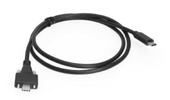

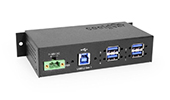
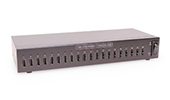
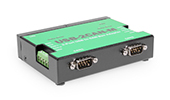
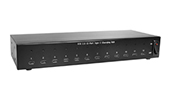

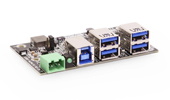
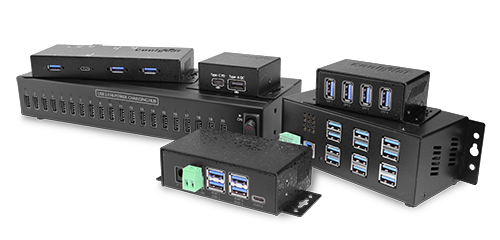
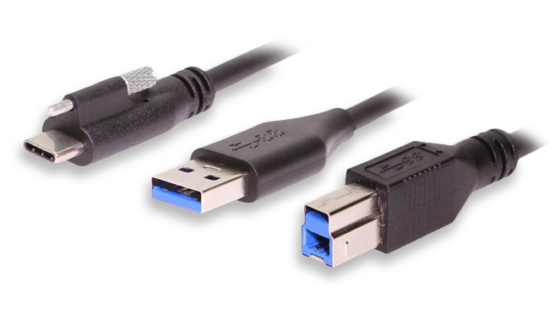
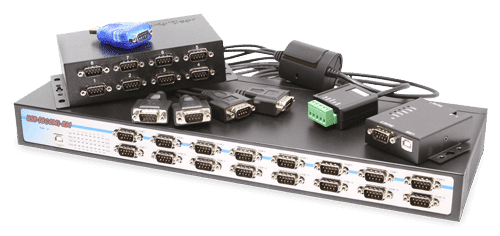
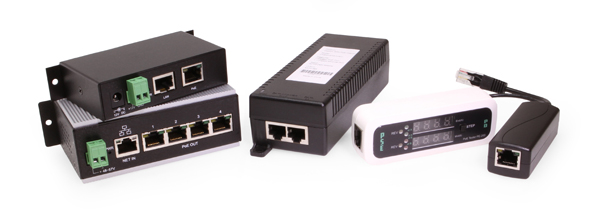
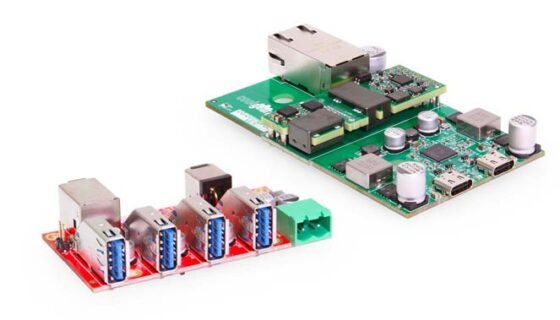







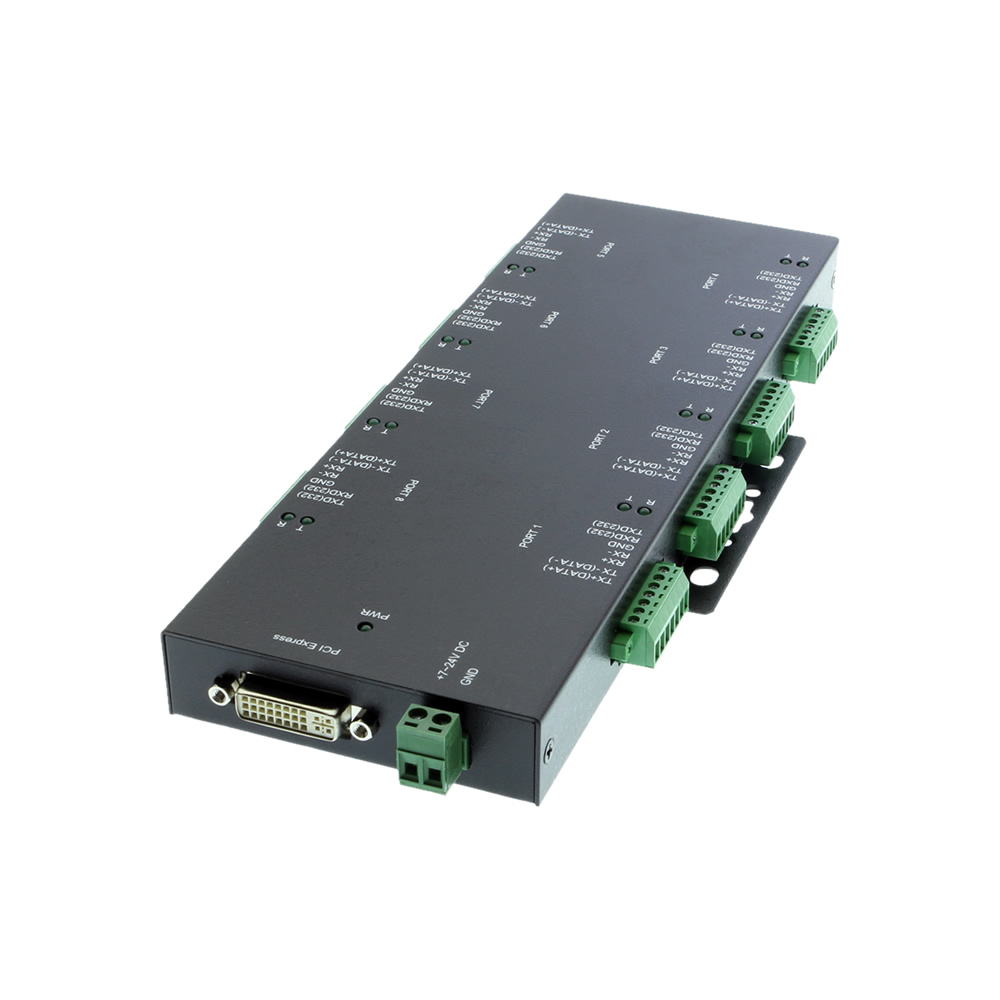
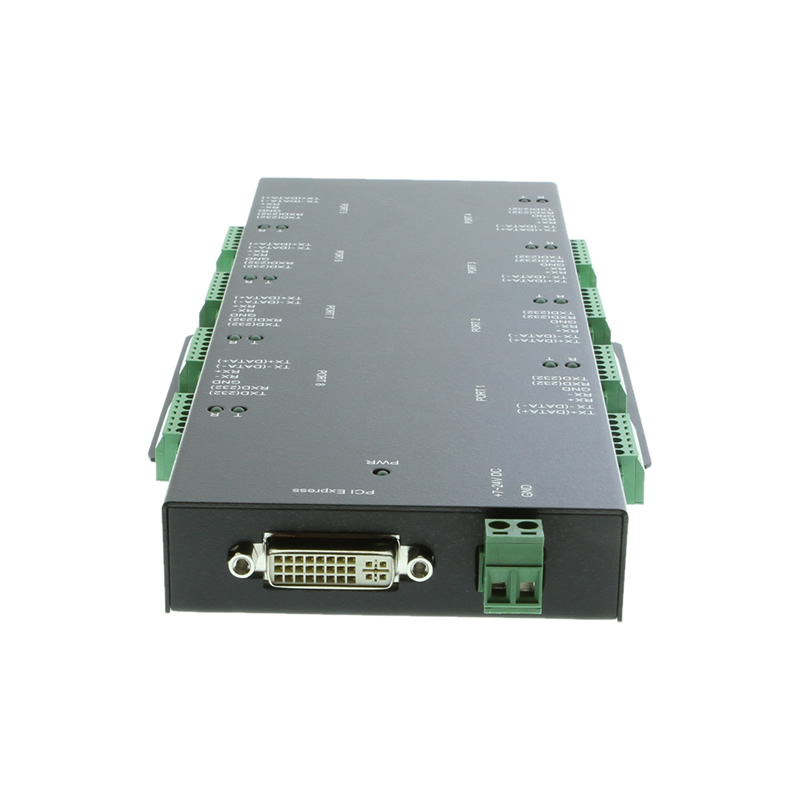
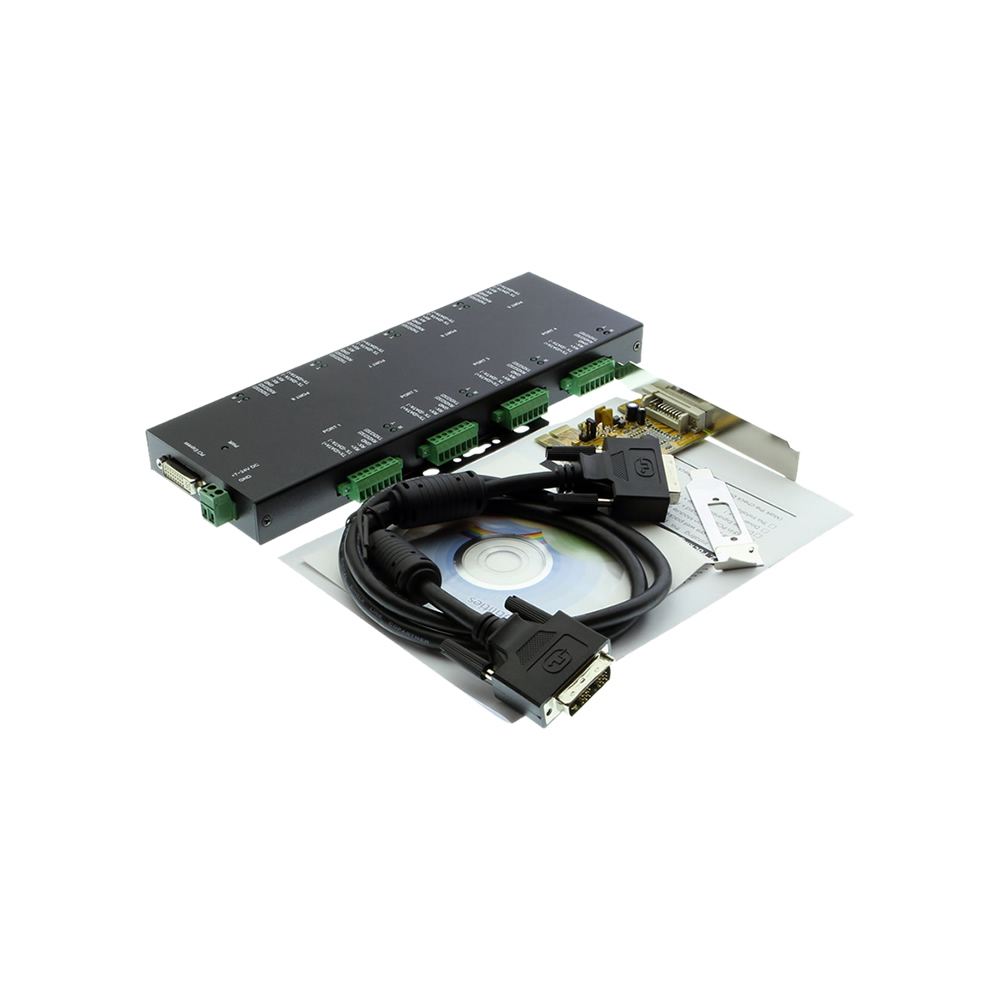
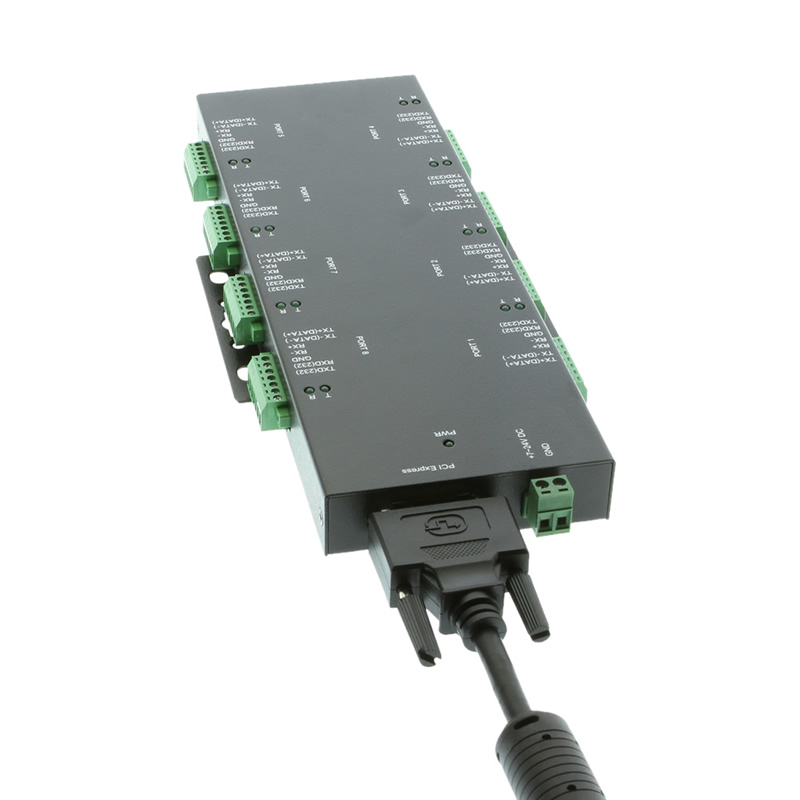
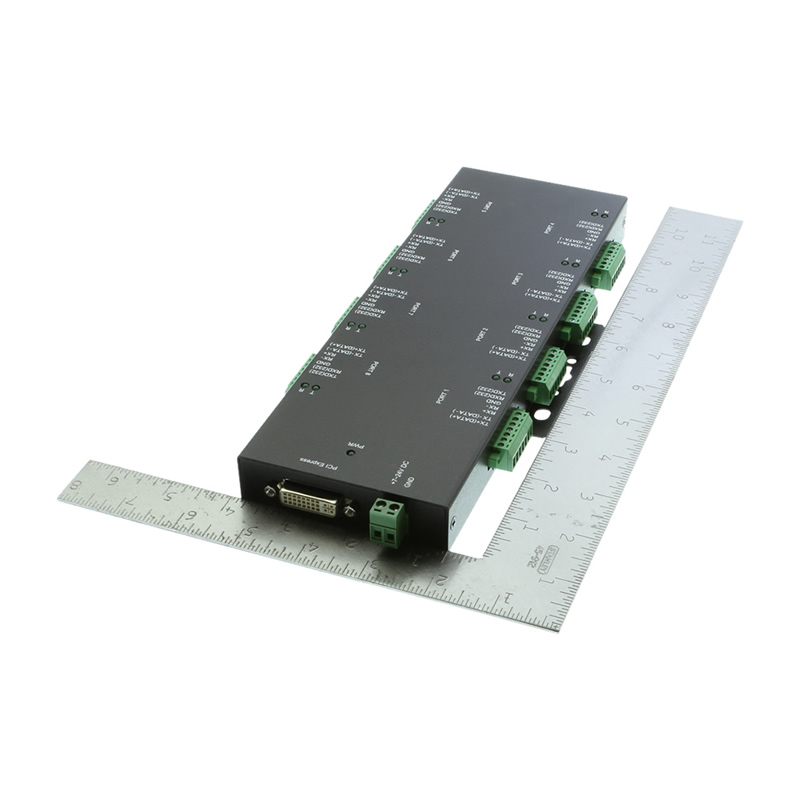
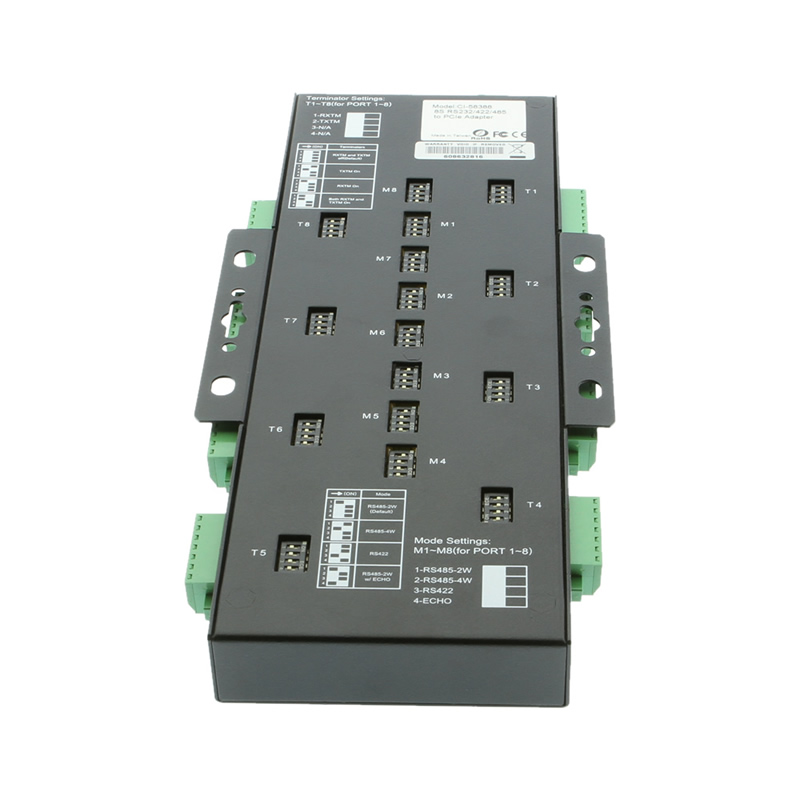
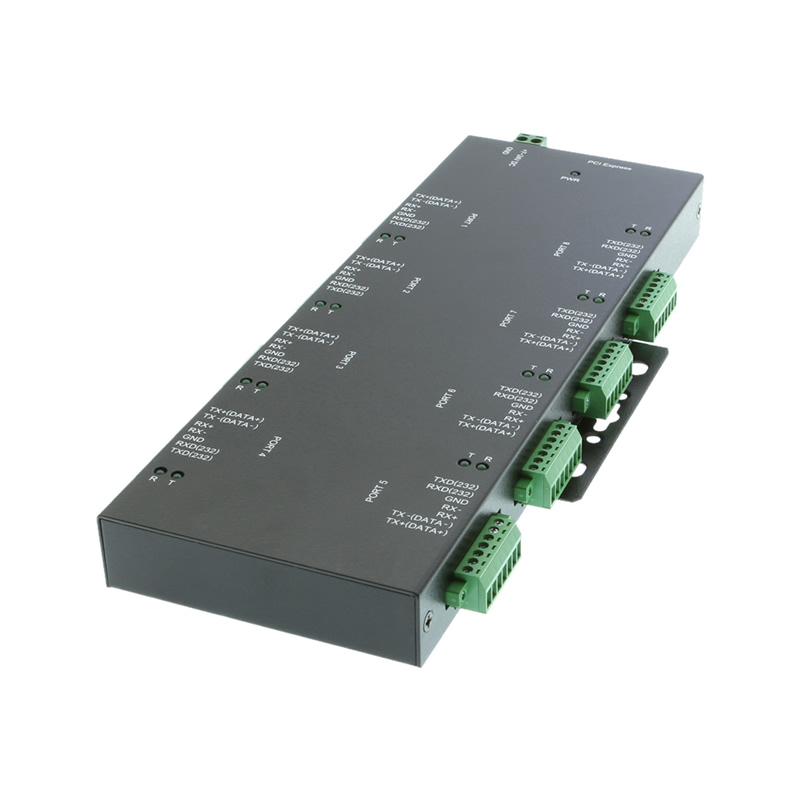
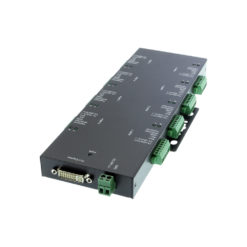
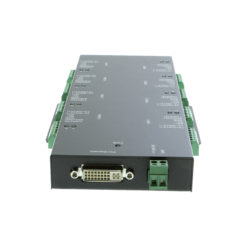
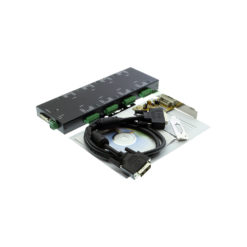
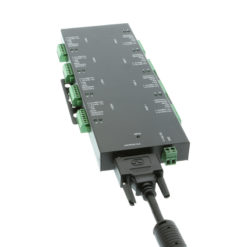
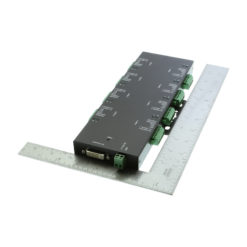
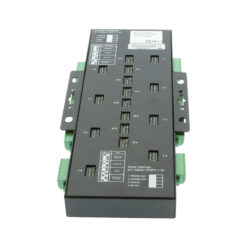
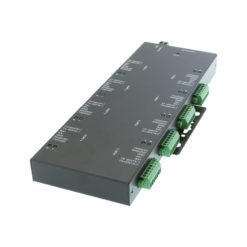
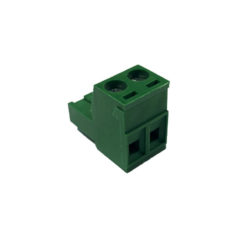
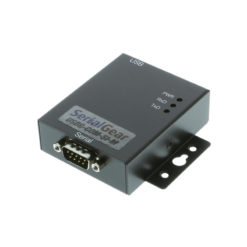
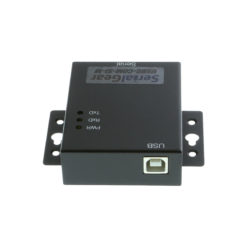
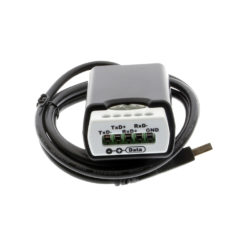
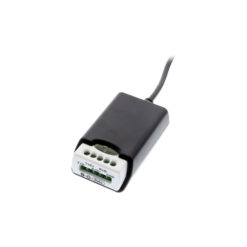
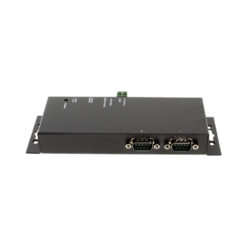
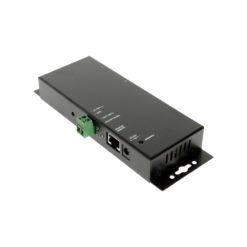
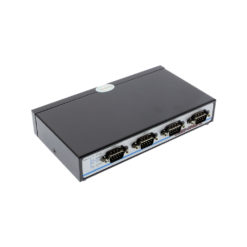
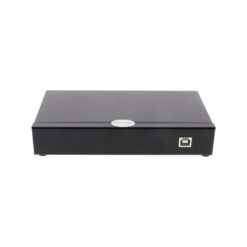
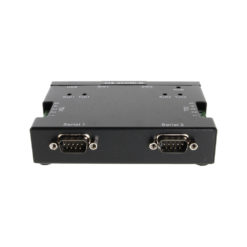
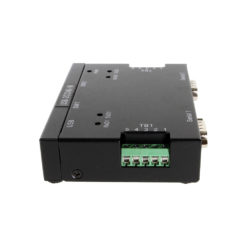
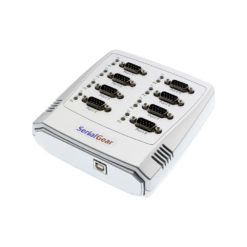
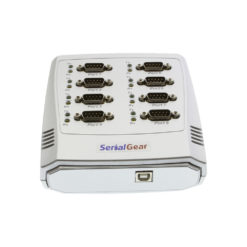
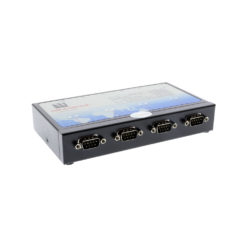
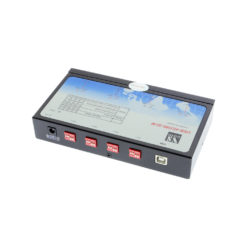
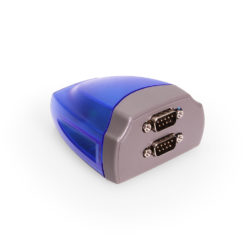
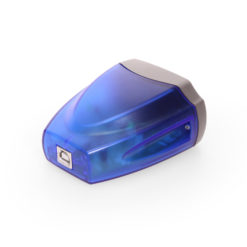
Reviews
There are no reviews yet.